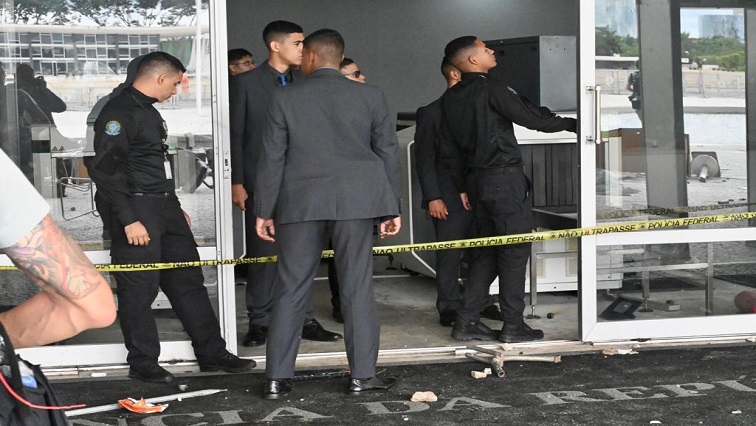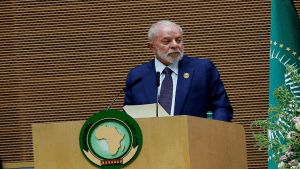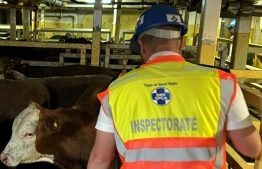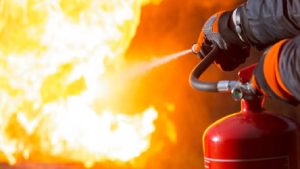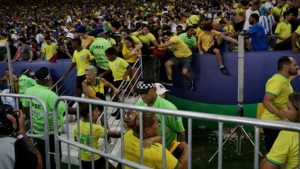Brazil’s 11-day-old government braced for more protests by far-right former President Jair Bolsonaro’s supporters, whose Sunday rampage through government offices raised concerns of a violent and disruptive opposition on Wednesday.
The government of leftist President Luiz Inacio Lula da Silva bolstered security measures nationwide as flyers appeared on pro-Bolsonaro social media calling for mass demonstrations in Brazilian cities to “retake power.”
Brazil probes anti-democratic riots as world leaders condemn attacks
Organizers of the anti-government demonstrations have called in recent weeks on social media to block roads and refineries, bring down power lines and cause enough chaos to prompt a military coup to overturn the election that Bolsonaro lost.
Lula’s chief of staff Rui Costa said after a cabinet meeting on Tuesdsay, “We have measures for this Wednesday to reinforce security throughout the country since pamphlets of new demonstrations have been circulated.”
These people will no longer accept Luiz Inacio Lula da Silva as president of Brazil, there will be a civil war. pic.twitter.com/qTmWQOTH2O
— H.S. (@hyeeza3) January 9, 2023
The federal official in charge of public security in the capital, Ricardo Cappelli says, since Sunday, all security forces had been mobilized to prevent protests and that there would be no repeat of rioting.
“Those who lost the election and are trying to create a crisis will not succeed.” Cappelli said at a news conference.
Supreme Court Justice Alexandre de Moraes issued a ban on roadblocks that have been used by anti-government demonstrators to create economic disruption and ordered local authorities to prevent the storming of public buildings. The judge also agreed to a government request to fine companies found to be financing the logistics of demonstrations blocking public roads or storming public buildings.
Public prosecutors have sought to freeze Bolsonaro’s assets and arrest warrants were issued on Tuesday for officials responsible for public security in Brasilia over the weekend.
Assault on institutions
On Sunday, thousands of Bolsonaro supporters stormed the capital, ransacking the Supreme Court, Congress and presidential offices in the worst assault on democratic institutions since a military dictatorship ended in 1985. Bolsonaro, who left Brazil 48 hours before his term ended and has yet to concede defeat to Lula in the October elections, said on social media from Florida he planned to return to Brazil earlier than planned for medical reasons.
In his most explicit public attack on the legitimacy of October’s election since he lost it, Bolsonaro posted a video on social media late on Tuesday saying Lula had lost the vote. The post disappeared soon afterward. The former president, whom Lula has blamed for inflaming the protests, did not mention Sunday’s riots. Bolsonaro’s son, Senator Flavio Bolsonaro, says he cannot be blamed for the violence because he has been so limited in his public comments.
Moraes issued an arrest warrant on Tuesday for Bolsonaro’s former justice minister, Anderson Torres, who became Brasilia’s public security chief after Lula took office January 1. Torres was fired for his failure to stop Sunday’s chaos and his arrest warrant alleged complicity with the demonstrators, who marched to the centre of the capital under police escort.
Torres was not in the city during the riots, having flown to Florida earlier this month.
In a tweet on Tuesday he said that he had always said he would return to Brazil from Orlando, where he was vacationing with his family, and turn himself in to justice. Moraes also ordered the arrest of Fabio Augusto Vieira, the head of Brasilia’s military police, one of a number of officials responsible for protecting government buildings in Brasilia.
Prosecutors at the federal audits court, called TCU, asked the court to block the assets of Bolsonaro and Torres, as well as those of former Brasilia governor Ibaneis Rocha, who was removed by Moraes for failing to stop Sunday’s rampage in the capital On Tuesday. Authorities restored order in Brasilia on Monday and soldiers dismantled a camp outside army headquarters where Bolsonaro supporters had called for a military coup since Lula won the elections in October.
More than 1,000 people were arrested and were being questioned by police.
South Africa condemns riots in Brazil


